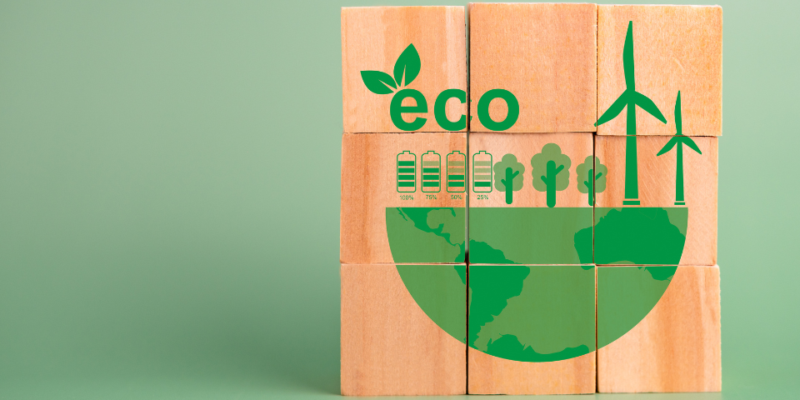The BBC has released its inaugural Climate Transition Plan, outlining its roadmap to achieve Net Zero by 2050. This plan reflects the broadcaster’s dedication to fostering sustainability within both the BBC and the wider media industry. The initiative builds on the BBC’s ongoing efforts to reduce its environmental impact, including integrating its commitment to natural history programming with practical, off-screen actions. Examples include replacing diesel fuel with HVO in generators for productions like Blue Lights and installing heat pumps to replace gas-fired boilers and refrigeration chillers in its offices.
Developed in alignment with the Transition Plan Taskforce (TPT) Disclosure Framework, the plan focuses on three key areas: reducing and optimising energy use through low-carbon solutions, building the skills needed to drive sustainable practices across all operations and content production, and contributing to the broader transition within the media industry and economy. This effort is part of the BBC’s broader sustainability strategy, which is built on three pillars: Net Zero, Nature Positive, and People Positive. These pillars guide the BBC in addressing the pressing challenges of climate change and biodiversity loss while aligning with its mission to inform, educate, and entertain audiences.
The Science-Based Targets initiative (SBTi) has approved the BBC’s long-term goal to cut all emissions by at least 90% by 2050, complementing its near-term objective to halve emissions by 2030. Danielle Mulder, the BBC’s Director of Sustainability, emphasised the importance of the plan, describing it as a “milestone” in the organisation’s journey toward a low-carbon future. She also highlighted the significance of engaging staff, suppliers, and audiences in the process. The BBC plans to regularly update its Transition Plan to maintain high standards in sustainability reporting and ensure it remains on track to meet its ambitious climate goals.


 Europe
Europe








